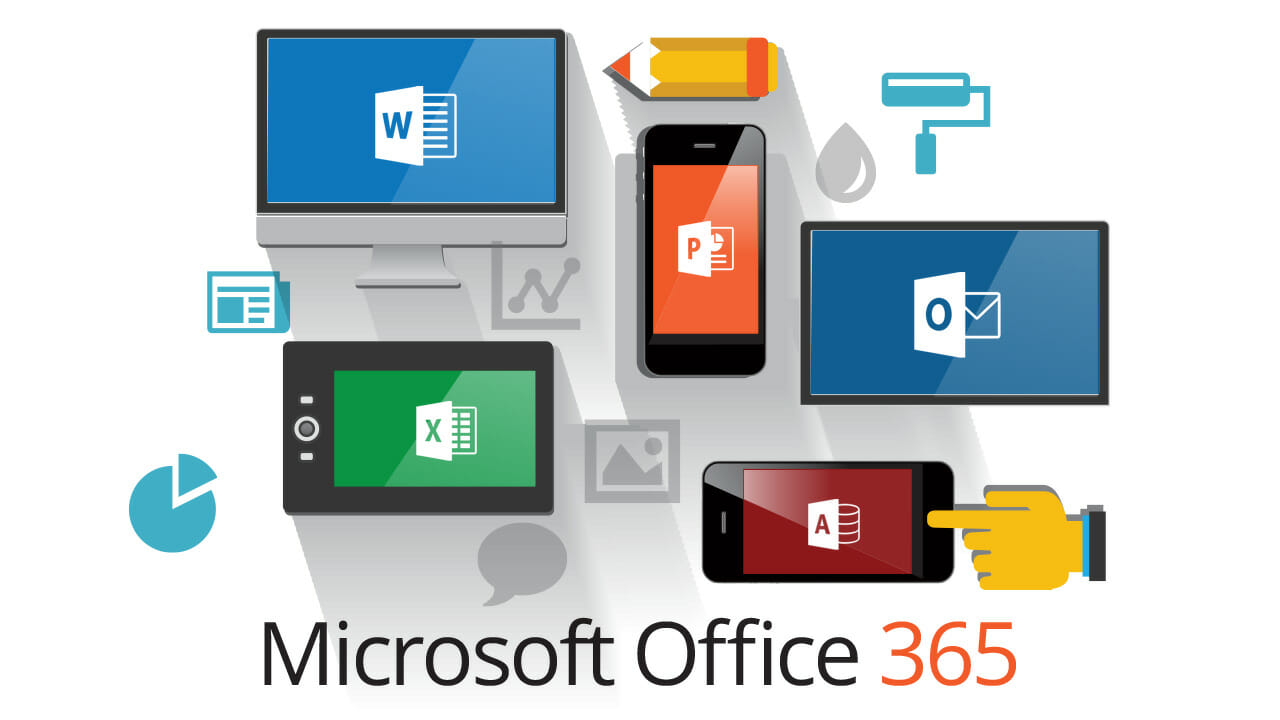Perhaps it’s generational; maybe it’s education; You could call it necessity – always the mother of invention. Whatever the cause, the last few years have seen a significant spike in the adoption of technology in the real estate space. As a result, the market has responded by inundating the industry with a proliferation of new products and solutions.
Many of these new products are cloud-based “point-solutions’. They address a very specific, finite source of inefficiency by automating a single process or presenting data targeted to one audience. The products are marketed directly to the target audience who are naturally excited to see a resolution to their current pain.
Nimble real estate owners and owner/operators with decentralized purchasing decision-making lack the IT governance maturity of larger firms with a dedicated CIO or VP, IT position. As a result, seemingly elegant and viable technology products are brought into the organization without an holistic evaluation of TCO (Total Cost of Ownership) or assessment of such unintended consequences as security implications, data integrity, user access management, and other governance considerations. Furthermore, the cost consequences of SaaS (“Software as a Service”, cloud-based) products become quite onerous as the company continues to accumulate solutions that address individual business problems.
Forward-thinking real estate companies recognize that the answer to IT product proliferation is standardization around a select few core platforms. One of these core platforms is necessarily the chosen property management and accounting system. The other major core platform is the Microsoft Office 365 suite.
It used to be that Office 365 (or O365) was thought of as synonymous with email. Today, however, O365 is a vast suite of capabilities integral to how an organization does business. Depending on the chosen licensing package, O365 could include tools for email, real-time collaboration, video conferencing, document management, portals, business intelligence and data visualization, workflow, and many more.
Imagine this scenario: A real estate firm enters the due diligence phase for the acquisition of a new property. Using O365, they provision a new property portal that automatically generates a list of tasks based on a due diligence template. The portal includes a folder for storing due diligence documents. After the property acquisition is complete, the asset manager can access all financial and occupancy reports via this property portal. They can collaborate with other members of the organization on the generation of the quarterly investor report and then easily email this report to a list of investors. Property managers can track work orders and other property tasks directly from the portal. Users can see a list of all tasks assigned to them across the entire portfolio. External third parties (i.e., attorneys) can login to the system and add, edit or view only the documents they are given permission to access.
The above scenario is realized with REALTY|share, from Arcuity. REALTY|share is built exclusively for real estate companies on the O365 suite. REALTY|share allows real estate companies to maximize their investment in this O365 suite and delivers a framework to extend the capabilities of O365 to meet their other business needs as they arise. For example, when a business user or department identifies a function that can be made more efficient through automation, there is a strong likelihood that the O365 platform can be extended to address this use case, obviating the need to license another software package and assume all the costs and consequences that this would entail. By standardizing on O365 as a core platform, real estate companies can leverage their Microsoft investment and recognize a wide range of business function solutions without having to continually add new and expensive technologies to their IT portfolio. And by licensing REALTY|share from Arcuity, real estate companies will ensure that they are beginning with the industry’s best practice implementation of O365.


